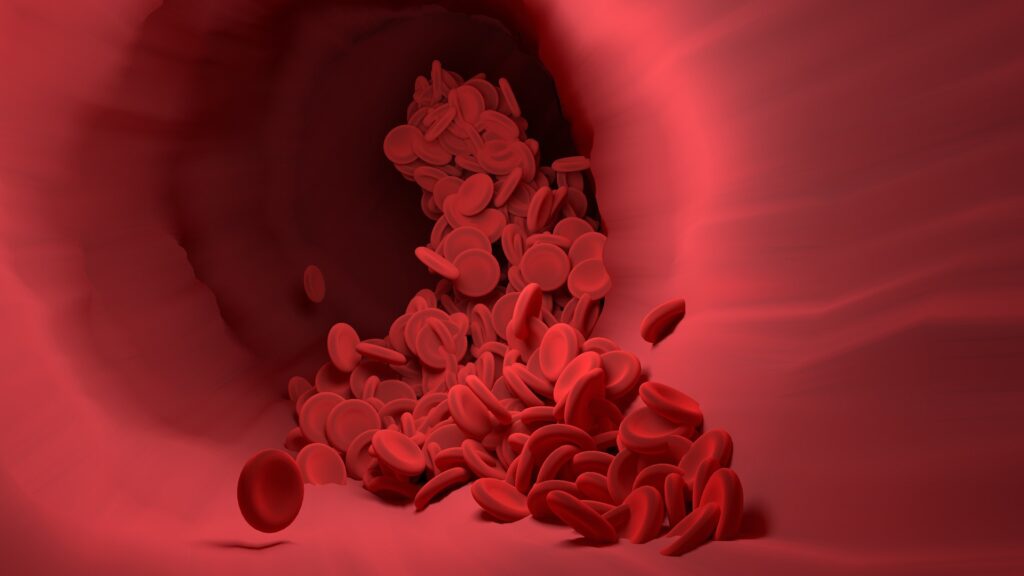
Best Awareness and Exercise for Heart Hypertension Blood Pressure
On May 17, the World Health Organization (WHO) continues its celebration of World Hypertension Day. The company’s global mission aims to bring light to the issues surrounding high blood pressure. Also known as high blood pressure. which is the main problem of coronary heart disease Stroke Stroke, kidney failure, and other serious medical conditions A healthy heart is the most important thing for living a healthy life. and management of high blood pressure is critical to maintaining overall heart health.
Understanding hypertension: A silent threat to your heart and blood pressure
High blood pressure is often called ” hypertension.” It is considered a “silent executioner” because there are rarely any noticeable side effects in the early stages. This creates a misguided feeling that everything is fine and good. Where the person ignores the potential dangers hidden beneath the surface. In any case, If left untreated high blood pressure can silently harm internal channels and organs. and increases the risk of dangerous opportunities later. It especially affects your heart and blood pressure.
Fortunately, hypertension is a reasonable condition. Compliance with the medication routine recommended by experts and a stable lifestyle. Here are some medical experts talking about the importance of mindfulness. And how exercise can be an incredible asset in the fight against a healthy heart and managing blood pressure.
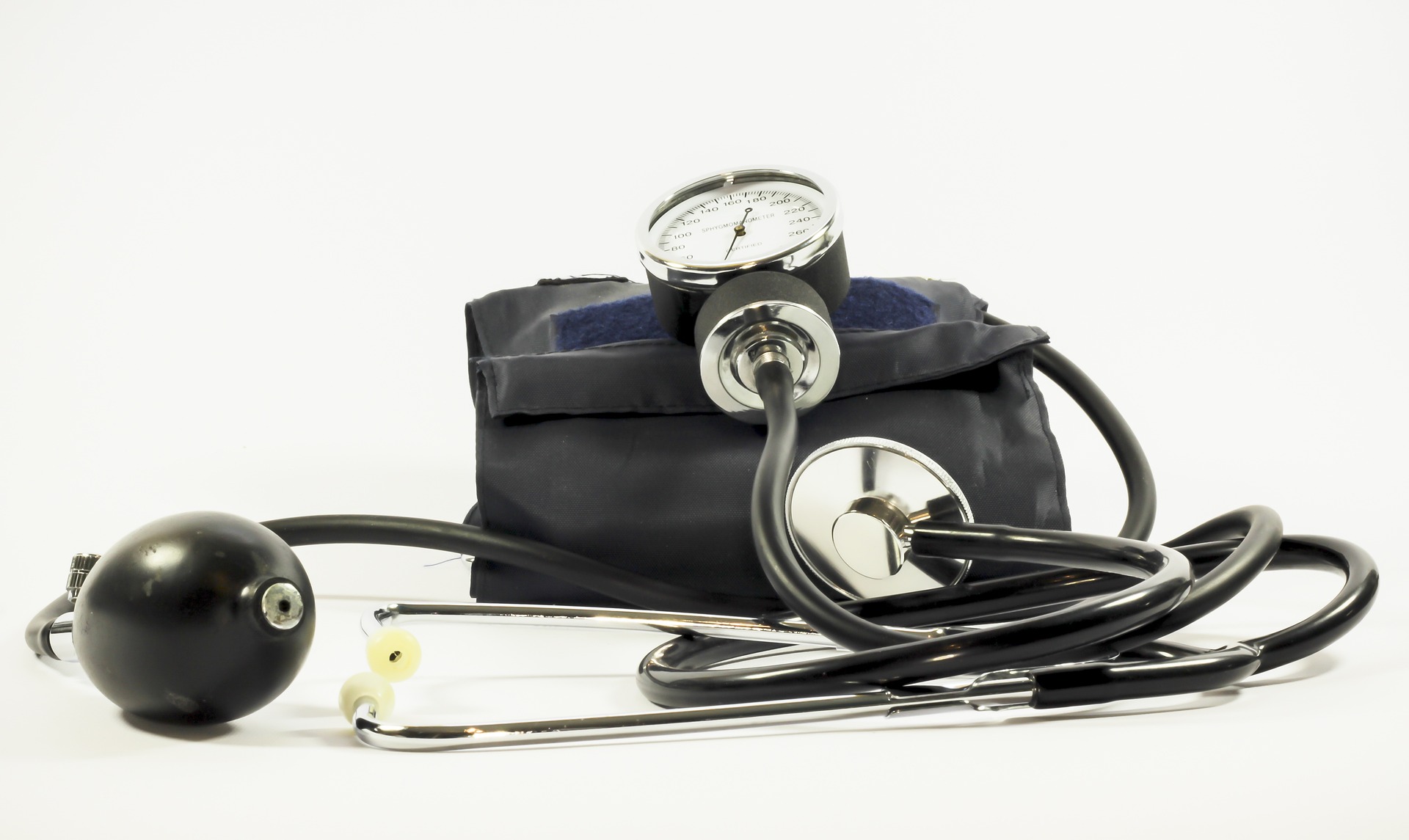
Heart hypertension: Meaning and blood pressure control
Typical blood pressure is 120/80 mm Hg, a sign of cardiac hypertension. High blood pressure (hypertension) means headaches, difficulty breathing, and runny nose. But there are often no symptoms. Cardiac hypertension refers to the condition of persistently high blood pressure. This results in stress on the heart and blood vessels. low blood pressure Hypotension (hypotension) can cause dizziness, fainting, and blurred vision. Solutions for managing blood pressure include eating a healthy diet that is low in salt. Regular exercise Avoiding excessive tobacco and alcohol stress management and use of prescription drugs Regular follow-up and consultation with health professionals is important to effectively manage and prevent complications.
What reason for hypertension headaches?
Hypertension headaches pains happen because of hypertension causing expanded tension in veins in the cerebrum. This strain can prompt agony and uneasiness as the veins battle to deal with the raised power. Such cerebral pains are frequently serious and might be joined by different side effects like wooziness, obscured vision, or queasiness, demonstrating a requirement for clinical assessment and the executives of circulatory strain.
Intracranial pressure symptoms and solution
Increased intracranial pressure (ICP) is around 120/80 mmHg. Indications of hypertension (hypertension) incorporate cerebral pains, windedness, and nosebleeds, however, it frequently shows no side effects. Low pulse (hypotension) may cause tipsiness, blacking out, and obscured vision. Answers for overseeing pulse incorporate keeping a solid eating regimen low in salt, customary activity, keeping away from tobacco and unnecessary liquor, overseeing pressure, and taking endorsed drugs. Standard checking and interviews with medical care experts are fundamental for successful administration and anticipation of intricacies.
What are the differences between BP systolic, HBP symptoms, and HTN symptoms?
1. BP Systolic: The systolic blood pressure (BP) is the top number in a BP reading, indicating the pressure in the arteries when the heart beats. A normal systolic BP is typically less than 120 mm Hg.
2. HBP Symptoms: High blood pressure (HBP), or hypertension, often presents no symptoms. When symptoms occur, they may include headaches, shortness of breath, or nosebleeds, typically only when BP is extremely high.
3. HTN Symptoms: Hypertension (HTN) symptoms are generally the same as HBP symptoms, as HTN is another term for sustained high blood pressure. Symptoms might include dizziness, chest pain, and vision problems in severe cases.
Beyond the doctor’s office: Taking charge of your health
While normal exams are fundamental, keeping a sound way of life is a continuous responsibility you can make for yourself. Specialists suggest this:
- Know Your Numbers: Dive more deeply into sound circulatory strain ranges (in a perfect world under 120/80 mmHg) and screen your tension routinely at home or at the drug store.
- Embrace a Fair Eating routine: Cut off your admission of handled food sources, salt, and immersed fats. Decide on an eating regimen wealthy in organic products, vegetables, entire grains, and lean protein sources.
- Keep a Sound Weight: Overabundance of weight overburdens your heart and circulatory framework. Losing even an unassuming measure of weight can essentially further develop circulatory strain control.
- Oversee Pressure: Constant pressure can add to hypertension. Investigate unwinding procedures like contemplation, yoga, or profound breathing activities to successfully oversee pressure.
- Limit Liquor Utilization: Inordinate liquor utilization can raise the pulse. Control is critical.
- Try not to Smoke: Smoking is a huge gamble factor for coronary illness and other medical conditions. Stopping smoking is a fundamental stage towards a better you.
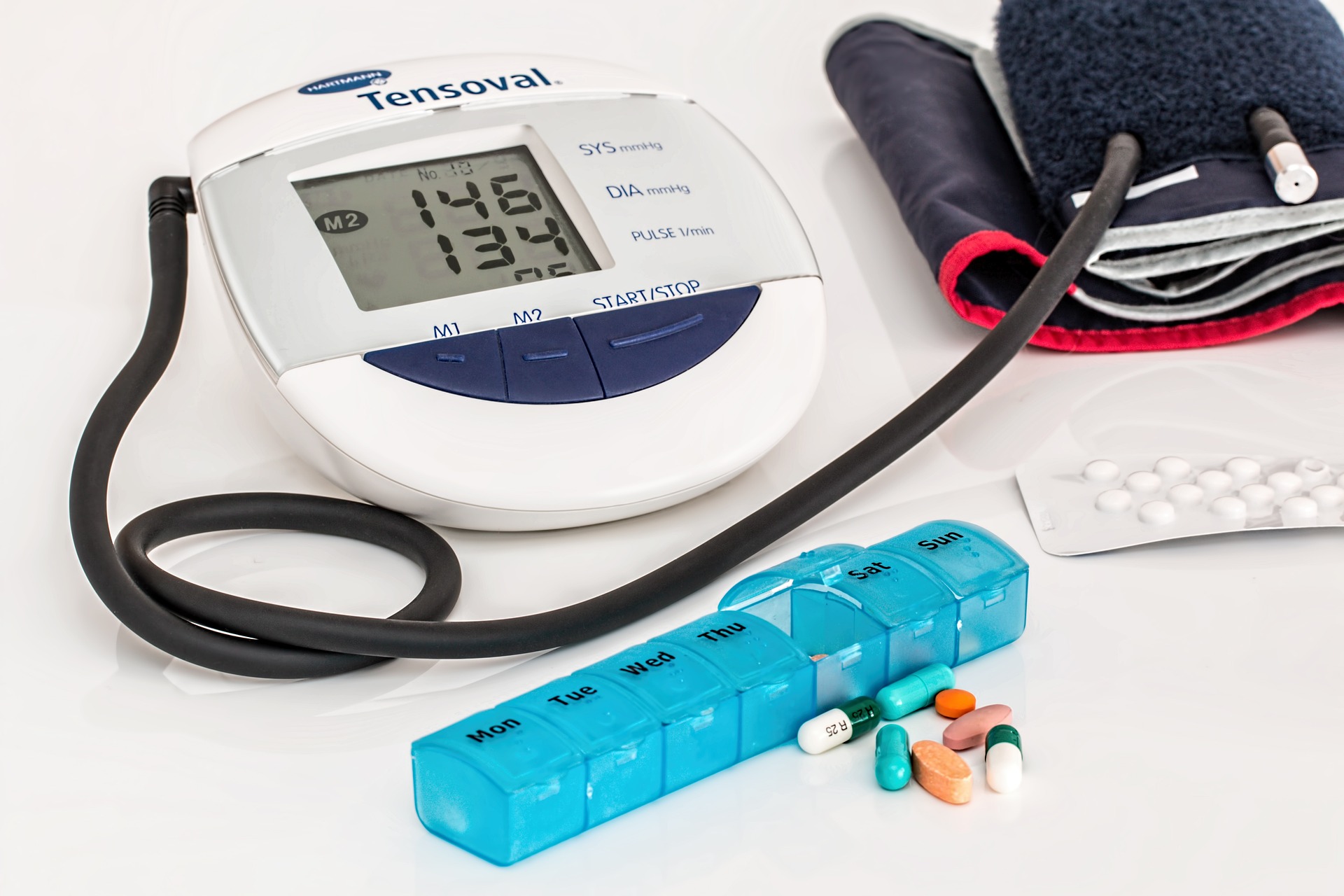
Exercise: Your powerful ally in managing hypertension
“Ordinary actual work is one of the best ways of bringing down circulatory strain and work on generally cardiovascular wellbeing,” makes sense for a main activity physiologist. Here’s the reason practice is your partner:
- Further develops Blood Stream: Exercise reinforces the heart muscle and increments blood stream all through the body, making it simpler for the heart to siphon blood.
- Diminishes Pressure: Actual work is a characteristic pressure reliever, assisting with holding circulatory strain under tight restraints.
- Weight The board: Ordinary activity keeps a solid weight, lessening the weight on your heart.
- Supports In general Wellbeing: Exercise fortifies your safe framework, further develops rest quality, and increments energy levels.
What is normal blood pressure for women?
Normal blood pressure for women is ordinarily under 120/80 mm Hg. The essential number, systolic pressure, should be under 120, while the ensuing number, diastolic strain, should be under 80. Keeping a sound lifestyle, including fair eating, standard action, and supervising pressure, helps keep with blooding strain inside this common reach.
Average blood pressure for women
The average blood pressure for women is generally around 120/80 mm Hg. However, it can vary slightly depending on age and overall health. Women should aim to keep their blood pressure below 130/80 mm Hg to reduce the risk of cardiovascular diseases and maintain optimal health.
Blood pressure by age
Blood pressure can vary by age. For adults, normal BP is typically below 120/80 mm Hg. For those aged 40-59, BP under 130/80 mm Hg is considered normal. For individuals 60 and older, BP under 140/90 mm Hg is often acceptable, but lower is generally better for health.
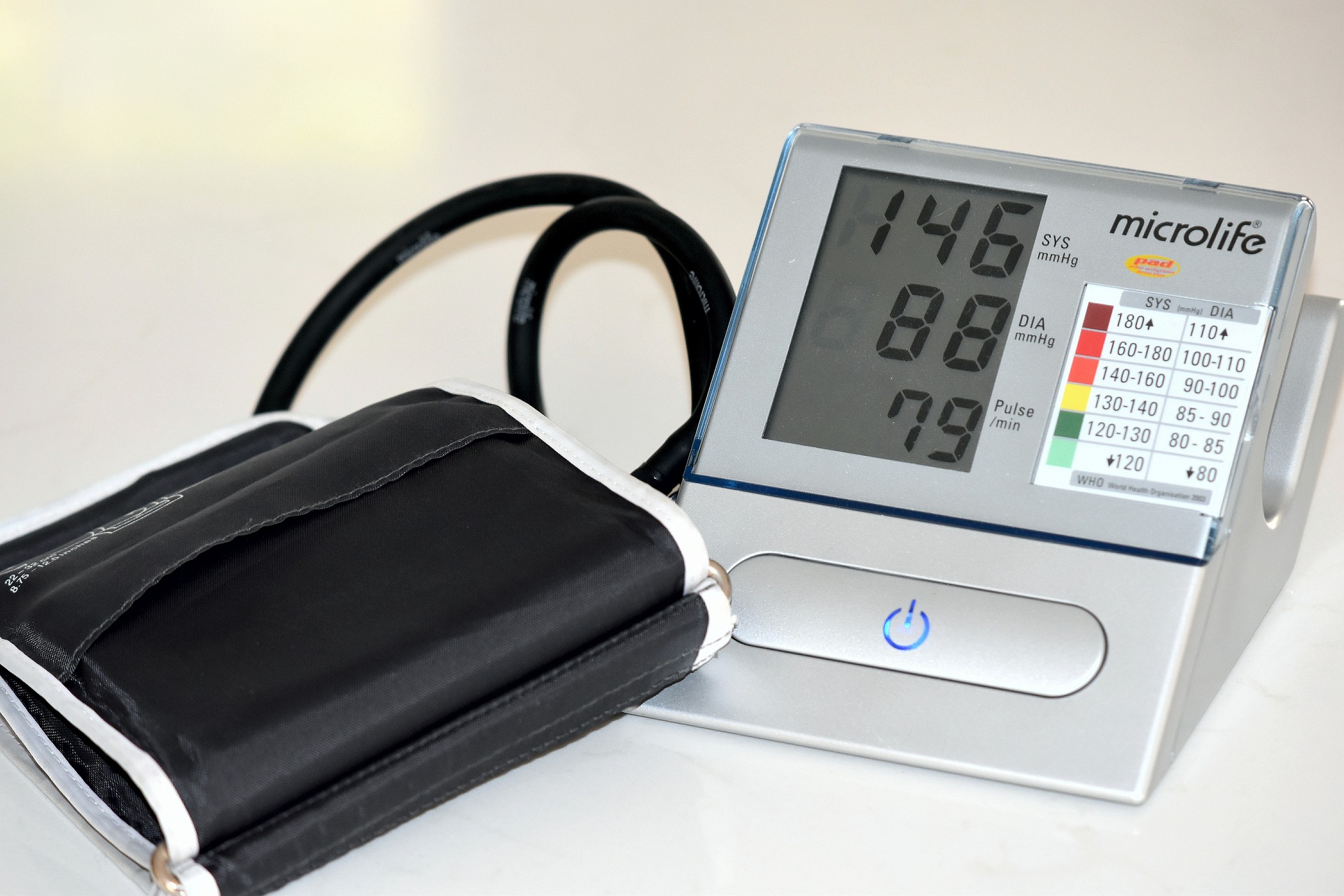
What is hypertension and a heart-healthy diet?
Hypertension, or high blood pressure, is a condition where the power of the blood against the course walls is reliably excessively high, habitually inciting coronary sickness, stroke, and other clinical issues. A heart-sound eating routine supervises and prevents hypertension. It integrates a ton of normal items, vegetables, whole grains, lean proteins (like fish and poultry), and strong fats (like those from nuts, seeds, and olive oil). Limiting salt, drenched fats, trans fats, and added sugars is moreover basic. Standard dynamic work and keeping a sound weight supplement dietary undertakings in supervising hypertension.
What is a cardiac healthy diet?
A cardiac-healthy diet eating regimen underlines organic products, vegetables, entire grains, lean proteins, and sound fats like those tracked down in fish, nuts, and olive oil. It limits drenched fats, trans fats, sodium, and added sugars. Uniting food assortments wealthy in omega-3 unsaturated fats, fiber, and cell fortifications maintains heart prosperity and stays aware of strong circulatory strain and cholesterol levels.
Finding the right exercise for you
The uplifting news? You don’t need to turn into a fitness junkie to receive the rewards of activity. Here are a few ways to get everything rolling:
- Begin Slow and Progressively Increment Power: Start with moderate-power exercises like energetic strolling, swimming, or cycling for 30 minutes most days of the week. Slowly increment the length and power of your exercises as your wellness level moves along.
- Find Exercises You Appreciate: Pick exercises you see as tomfoolery and locking in. This will expand your possibilities of adhering to a normal everyday practice.
- Counsel Your Primary Care Physician: Prior to beginning any new activity program, counsel your PCP to guarantee it’s safe for you. They can give direction on proper degrees of power and span.
Remember: Indeed, even little changes in your way of life can have a major effect on dealing with your pulse. By integrating sound propensities like normal activity and a fair eating regimen, you can engage yourself to assume command over your well-being and carry on with a more drawn-out, better life.
World hypertension day: A call to action for heart health
This World Hypertension Day, we should promise to bring issues to light about heart hypertension and empower ourselves as well as others to focus on heart health. Let the news out, urge friends and family to get their blood pressure checked regularly, and embrace a healthy lifestyle that includes regular exercise. Hypertension often goes unnoticed, but managing blood pressure is crucial for preventing serious conditions like heart disease and stroke. Keep in mind, that small steps can lead to big changes, and when it comes to your well-being, every step counts.
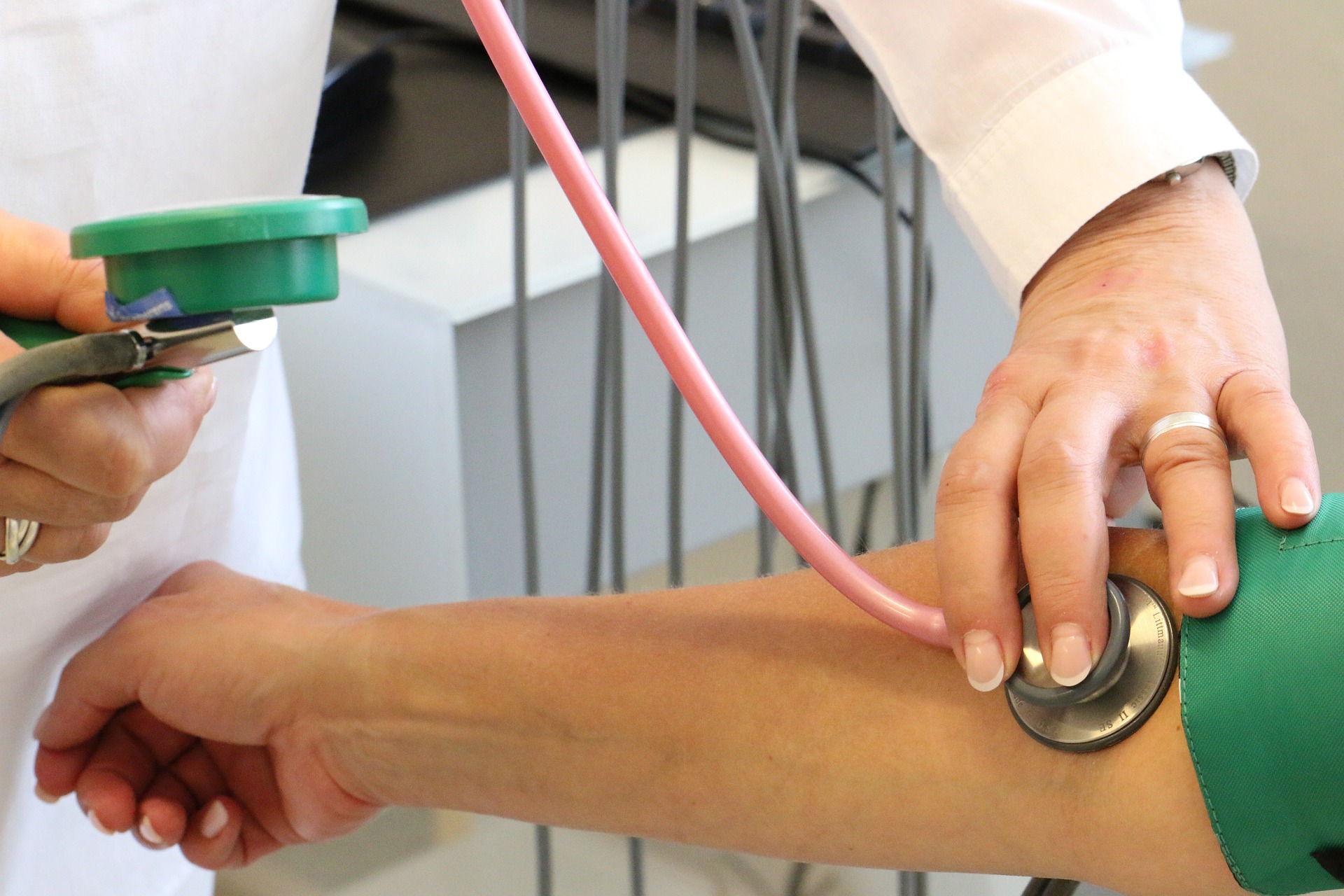
Hi, this is a comment.
To get started with moderating, editing, and deleting comments, please visit the Comments screen in the dashboard.
Commenter avatars come from Gravatar.
Ok
It is still not needed.
We do Web Design & Development, Ecomerce, WordPress and many more.
Get wordpress website for $ 300 USD. Contact for advanced requirements.
Some of our projects
vpropertyconsulting.com.au
22.portlandinjuryfirm.com
kpsdslhalfmarathon.in
tropogo.com
athlenic.com
pointb-travel.com
Please contact us to get started right away.
WhatsApp : +91 8697771539 Or https://api.whatsapp.com/send?phone=918697771539
Email : dbosewb@gmail.com
Thanks
codelogics.com
It is still not needed.
[…] Awareness and Exercise for a Healthy Heart on World Hypertension Day […]
[…] Awareness and Exercise for a Healthy Heart on World Hypertension Day […]
I’m thoroughly captivated with your profound understanding and stellar ability to convey information. Your depth of knowledge shines through in every sentence. It’s evident that you spend considerable time into understanding your topics, and that effort does not go unnoticed. Thank you for sharing such detailed information. Continue the excellent job! https://rochellemaize.com
Thank you so much
I’m truly impressed by the keen analysis and excellent way of expressing complex ideas. Your depth of knowledge shines through in each paragraph. It’s obvious that you spend considerable time into delving into your topics, and this effort does not go unnoticed. We appreciate your efforts in sharing this valuable knowledge. Keep up the great work! https://www.elevenviral.com
Thank you
I am genuinely amazed by the profound understanding and stellar ability to convey information. Your expertise is evident in each paragraph. It’s clear that you put a lot of effort into delving into your topics, and the results pays off. Thank you for sharing this valuable knowledge. Keep on enlightening us! Learn more about [OnlyFans Marketing](https://elevenviral.com/onlyfans-marketing-growth-service/) https://elevenviral.com/onlyfans-marketing-growth-service/
Thank you so much for your kind words! I truly appreciate your support and am glad you find the content valuable. Your encouragement means a lot and motivates me to keep sharing insightful information. Stay tuned for more!
I’m thoroughly captivated by your keen analysis and superb way of expressing complex ideas. The knowledge you share clearly stands out in every sentence. It’s evident that you spend considerable time into researching your topics, and that effort does not go unnoticed. We appreciate your efforts in sharing such valuable insights. Keep on enlightening us! Learn more about [OnlyFans Marketing](https://elevenviral.com/onlyfans-marketing-growth-service/) https://elevenviral.com/onlyfans-marketing-growth-service/
Thank you so much
Great read here! I really gained a lot. Check out https://thefoundationkings.com/ for expert basement lowering services.
This was an insightful post! Appreciate the info. Visit us at https://thefoundationkings.com/ for trusted underpinning needs.
I’m truly impressed by your profound understanding and superb ability to convey information. The knowledge you share shines through in every sentence. It’s evident that you put a lot of effort into researching your topics, and the results pays off. Thanks for providing such detailed information. Keep on enlightening us! Learn more about our OnlyFans Agency: https://elevenviral.com/onlyfans-marketing-growth-service/
I’m thoroughly captivated by the profound understanding and excellent writing style. Your expertise is evident in every piece you write. It’s clear that you spend considerable time into understanding your topics, and the results is well-appreciated. We appreciate your efforts in sharing such detailed information. Keep on enlightening us! Learn more about our OnlyFans Agency: https://elevenviral.com/onlyfans-marketing-growth-service/